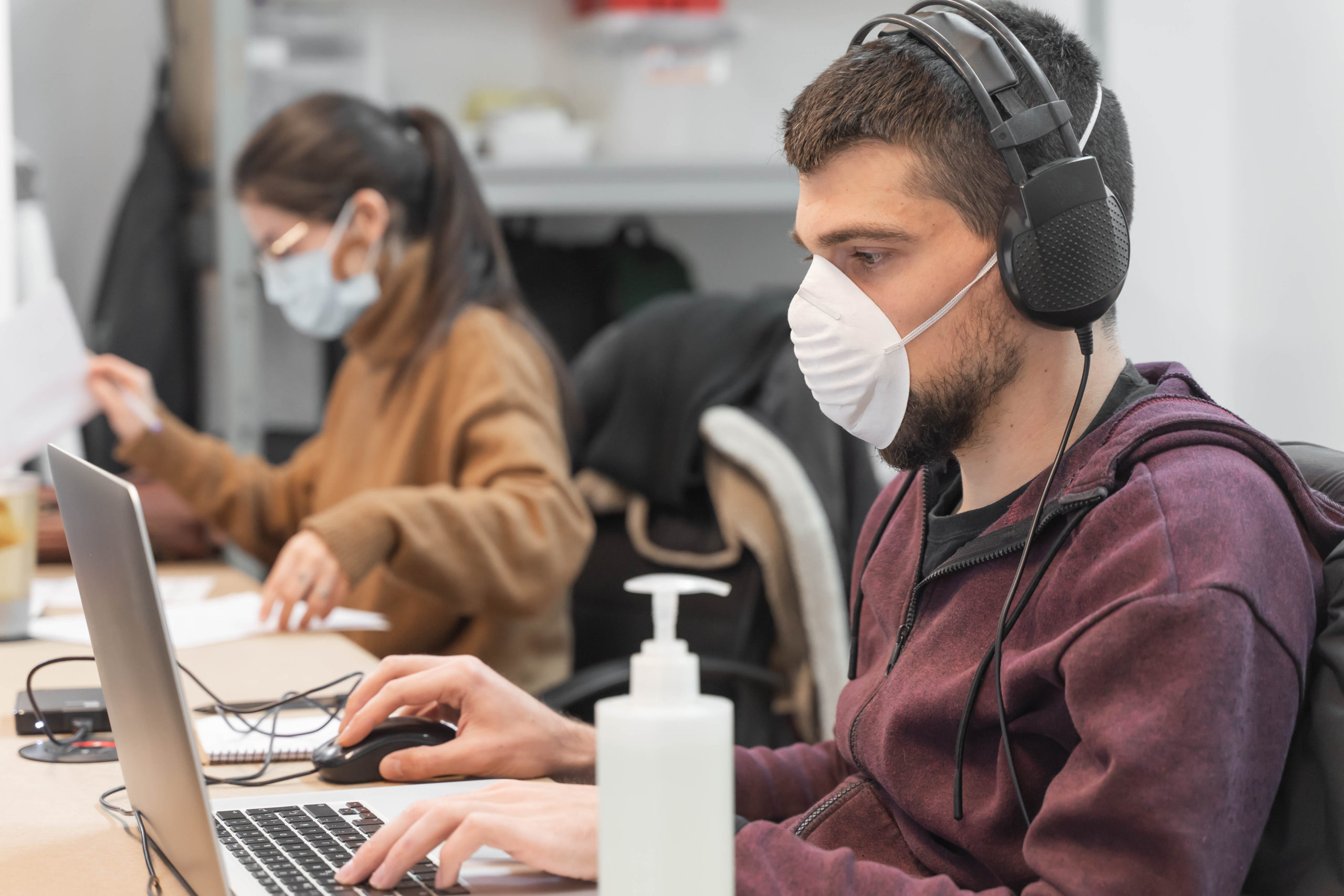As the economy continues to open up, liability related to COVID-19 is a very real concern for well-meaning businesses, universities, health care providers and nonprofits. They worry that even if they do everything they’re supposed to do to ensure safety, that an employee or customer will come down with the virus – perhaps not even on their premises – and sue them.
As part of a $1 trillion stimulus package entitled the HEALS Act (Health, Economic Assistance, Liability Protection and Schools), Senate Republicans last week introduced sweeping legislation to provide legal protection for businesses and institutions who make “reasonable efforts” to comply with safety standards. The protection is necessary, the legislators and supporters argue, to shield employers from facing a litany of coronavirus-related lawsuits – which many fear are on the horizon – while they’re reeling from pandemic-related hardships.
However, the bill has many critics who bemoan the undue and unprecedented barriers it puts in place to prevent workers and consumers from pursuing good-faith lawsuits against bad actors who fail to follow public health guidelines.
Highlights of the bill
The bill, called the Safe to Work Act, would provide defendants with five years of limited legal protection from covid-related lawsuits, which would be funneled to federal courts, thus preempting state laws that would otherwise apply. Plaintiffs would need to provide “clear and convincing evidence” – a higher burden of proof than the “preponderance-of-evidence” standard that is typical in civil cases – that the defendant did not make “reasonable efforts” to comply with government health guidance; that the defendant engaged in gross negligence or willful misconduct; and that those wrongful actions actually exposed the plaintiff to the coronavirus and caused him to contract it. For health care claims, the bill states that “acts, omissions, or decisions resulting from a resource or staffing shortage shall not be considered willful misconduct or gross negligence.”
Other highlights include the requirement that plaintiffs file an affidavit upfront in support of their claim from a medical professional who did not treat them. Such affidavits are not typically required in the employment law arena. Plaintiffs must also submit a 14-day diary of all the places they visited and people they came in contact with prior to the onset of symptoms.
In addition, the bill would shorten the statute of limitations for these cases to one year from the date of exposure, impose limits on remedies available to plaintiffs, and penalize claims without merit.
The reaction
If the bill were to become law, workers and consumers alleging they were infected because of a business’s negligence would face extra hurdles in bringing their case and prevailing in court. Critics argue this would make legal remedies all but unavailable to workers while giving corporations and institutions a green light to flout safety regulations.
Proponents of the bill, including many trade groups, argue it’s necessary to get the fragile economy on solid footing.
“These crucial protections would safeguard healthcare workers, providers, and facilities, as well as businesses, non-profit organizations, and educational institutions against unfair lawsuits so they can continue to contribute to a safe and effective economic recovery from the COVID-19 pandemic…” the U.S. Chambers of Commerce penned in a letter to Congress in support of the Safe to Work Act. “COVID-19-related lawsuits and their consequent exorbitant legal costs could deter entities from reopening and could ultimately cripple businesses, educational institutions, and non-profit organizations both large and small.”
Employee groups and unions have made their opposition clear. The executive directors of the players associations for the MLB, NFL, NBA, NHL and MLS in a letter to Congress argued that employees should not have to bear the brunt of workplace safety when they are required by their employers to return to the workplace during a pandemic.
We “recognize the importance for the country for many of us to return to work, and to find ways to return to the office, the factory, and arenas and stadiums,” they wrote. “We do not believe, however, that the risk of doing so should be borne exclusively by employees.”
American Association for Justice and Public Justice, both plaintiffs’ bar organizations, have argued that the bill would give businesses “blanket immunity.” The groups also cited numbers compiled by defense firm Hunton Andrews Kurth to support their claim that the predicted tsunami of COVID-related lawsuits has, at least so far, been greatly exaggerated.

